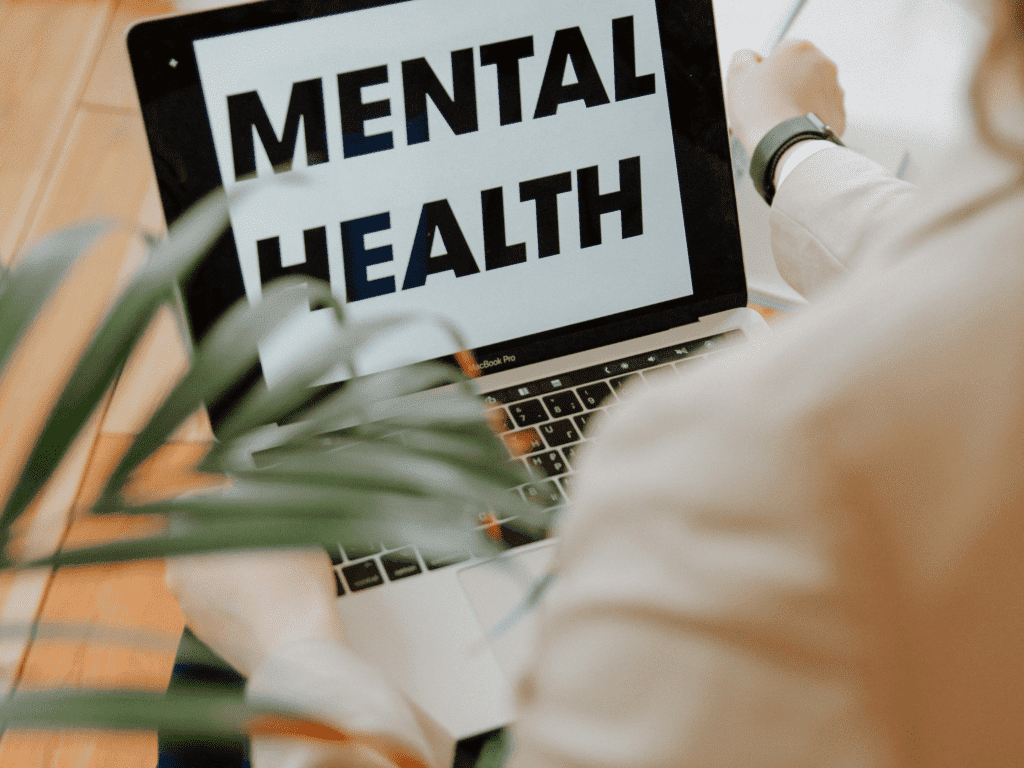In an article for thefix.com, Andrew Tatarsky, PhD, author and founder of the Center for Optimal Living in New York argues that addiction is a mental health disorder and needs to be treated that way. The current Diagnostic and Statistical Manual of Mental Disorders (DSM-IV-TR) defines addictions to alcohol and drugs as psychiatric disorders, while Alcoholics Anonymous (AA) has been centered on a simpler program that emphasizes individual responsibility and professing one’s powerlessness over alcohol.
Tatarsky employs what he calls Integrative Addiction Psychotherapy, which is based on the following assumptions:
- That addictions are mental health/psychiatric disorders.
That many or most addicts have an additional psychiatric disorder, such as post-traumatic stress disorder (PTSD), anxiety, bipolar disorder, etc. - That people use substances for various reasons that need to be addressed and respected.
- That treatment of addictions requires professionals who are trained in mental health and skilled in psychotherapy.
Tatarsky says there are seven essential components to treating addiction using the Integrative Addiction Psychotherapy model, including:
- Providing individualized psychotherapy to address each patient’s unique needs
- A strong connection between psychotherapist and patient
- Addressing the deep-seated reasons for drug use
- Addressing inner conflicts (multiplicity of self)
- Strengthening each individual’s “inner leader”
- Addressing both dimensions of substance abuse (the use itself and the underlying causes)
- Developing a new identify other than that of “user”
Understanding addiction as a mental illness may help alleviate the feelings of guilt and shame associated with addiction. A medical approach to treatment combined with a program that focuses on steps individuals can take toward their own healing, such as AA, can be extremely beneficial.
Northbound Treatment Services takes an integrative approach to treatment, combining the latest addiction science with tried-and-true methods like 12-step for healing the body, mind and spirit. For more information about our rehab treatment approach, visit our website.
Author
-

President, CEO & Founder at Northbound Treatment Network
Paul Alexander is the CEO, President & Founder of Northbound Treatment Network in Newport Beach, California. He believes wholeheartedly in transformational leadership, organizational health and effective, fully integrated substance use disorder and mental health treatment. With over 27 years of experience in behavioral healthcare, Paul has extensive knowledge of “in vivo” treatment modalities, clinical development, operations, strategy, marketing and financial planning. He has been widely recognized for his development of collegiate-based residential treatment programs for students in recovery and authored a research study at The University of California confirming this modality’s effectiveness.
Paul’s comprehensive professional experience, willingness to innovate, and emphasis on organizational health are vital factors in Northbound’s continued success. Paul received his Certified Addiction Treatment Specialist training at Saddleback College in Mission Viejo, CA, and was awarded Outstanding Alumni Service Award in 2002. Paul holds a Bachelor of Arts degree in Criminology, Law and Society, Summa Cum Laude, from University of California, Irvine, and a Juris Doctorate degree from Loyola Law School of Los Angeles. Paul currently serves on The National Association of Addiction Treatment Providers (NAATP) board. In addition, he serves on The Family Recovery Foundation board and The CarePossible board in Orange County; both organizations are committed to raising funds for family recovery and treatment for former military personnel. Paul is in recovery himself and lives in Orange County with his wife Silvana and his two young sons, Noah and Dean.







